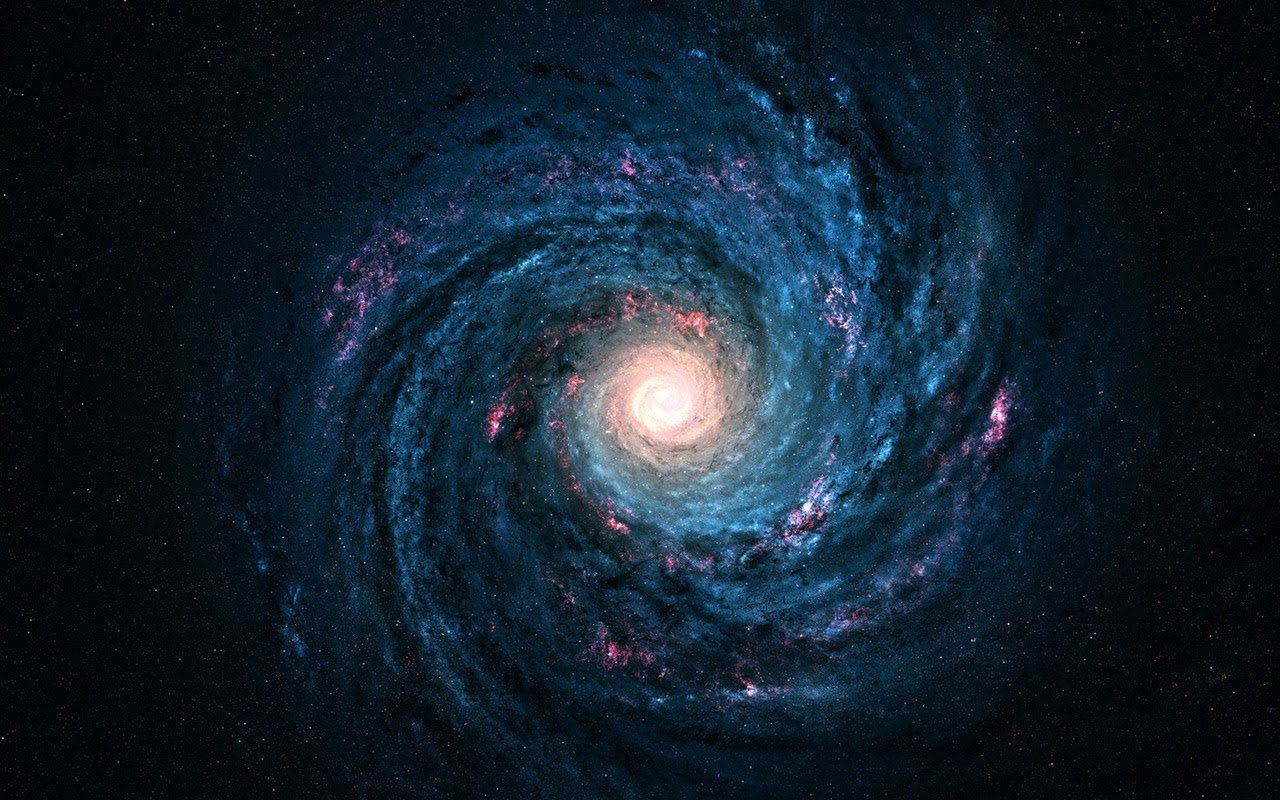The existence of God is self-evident, but due to the influence of positivist and materialist thinking, we discuss this truth. The prevailing scientific worldview often overlooks invisible dimensions, focusing solely on the observable.
Throughout history, the majority has believed in God, a belief itself validating His existence. Not believing doesn’t imply superiority. Many innovative minds, including scientists and saints, affirm this belief. Denial lacks proof, while numerous arguments support God’s existence.
Causality, a cornerstone of skepticism, is flawed. Modern science’s discoveries reveal interconnectedness, refuting materialistic claims. Unity in the universe, including humanity, is undeniable.
Materialist science isolates objects, neglecting the interconnectedness of all things. The universe, a meaningful whole, contradicts this reductionist view. Causality appears limited and biased.
Divine Wisdom necessitates veils, allowing human trials and discoveries. Imperfections result from our errors, not Divine injustice. Natural laws veil God’s acts, preventing misattribution of evil to Him.
God’s indirect involvement allows scientific progress, understanding, and planning. Gradual manifestation of Divine attributes allows human connection, reflection, and appreciation. Divine Wisdom is evident in the intricate balance of the universe.
Written by Ali Unal
Gulen, Muhammed Fethullah. “The Essentials of the Islamic Faith” The Light, Inc. 2005.
